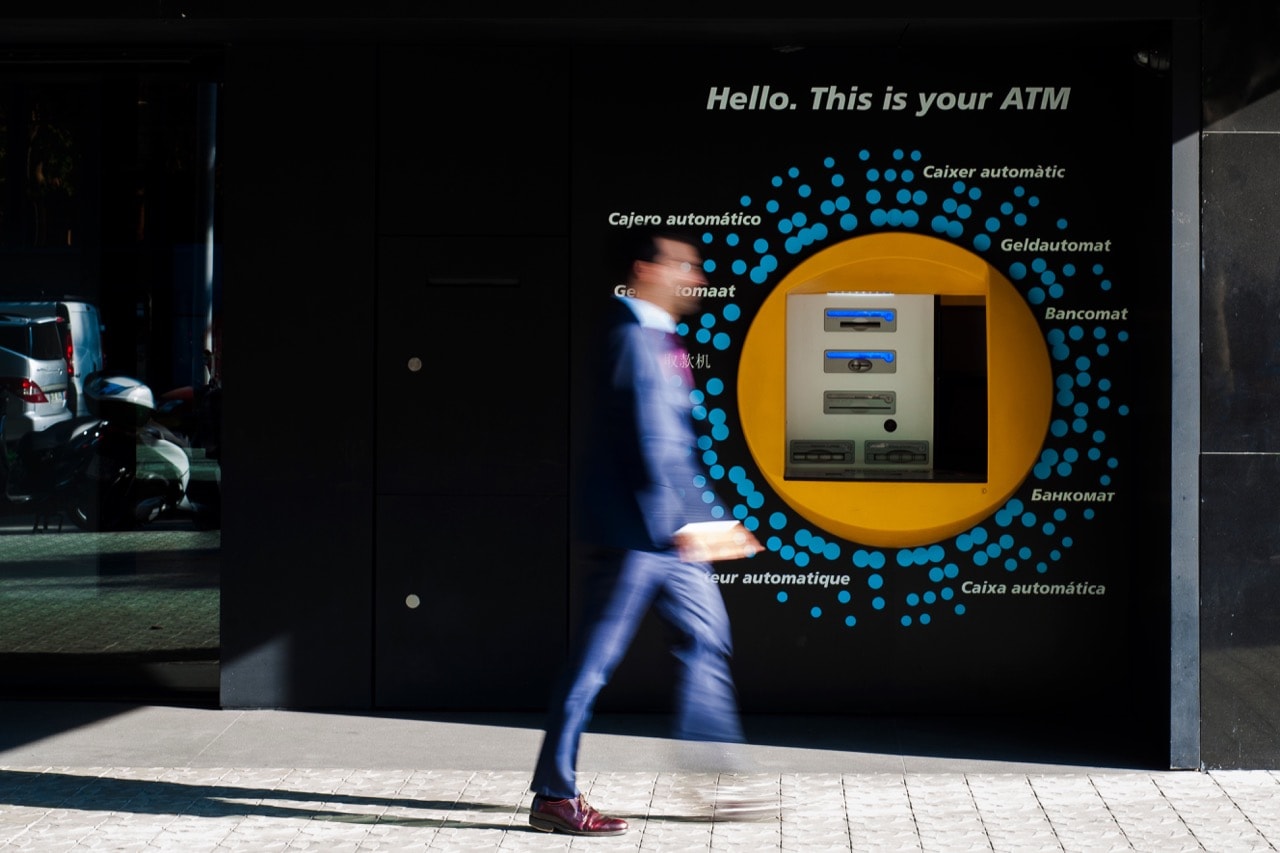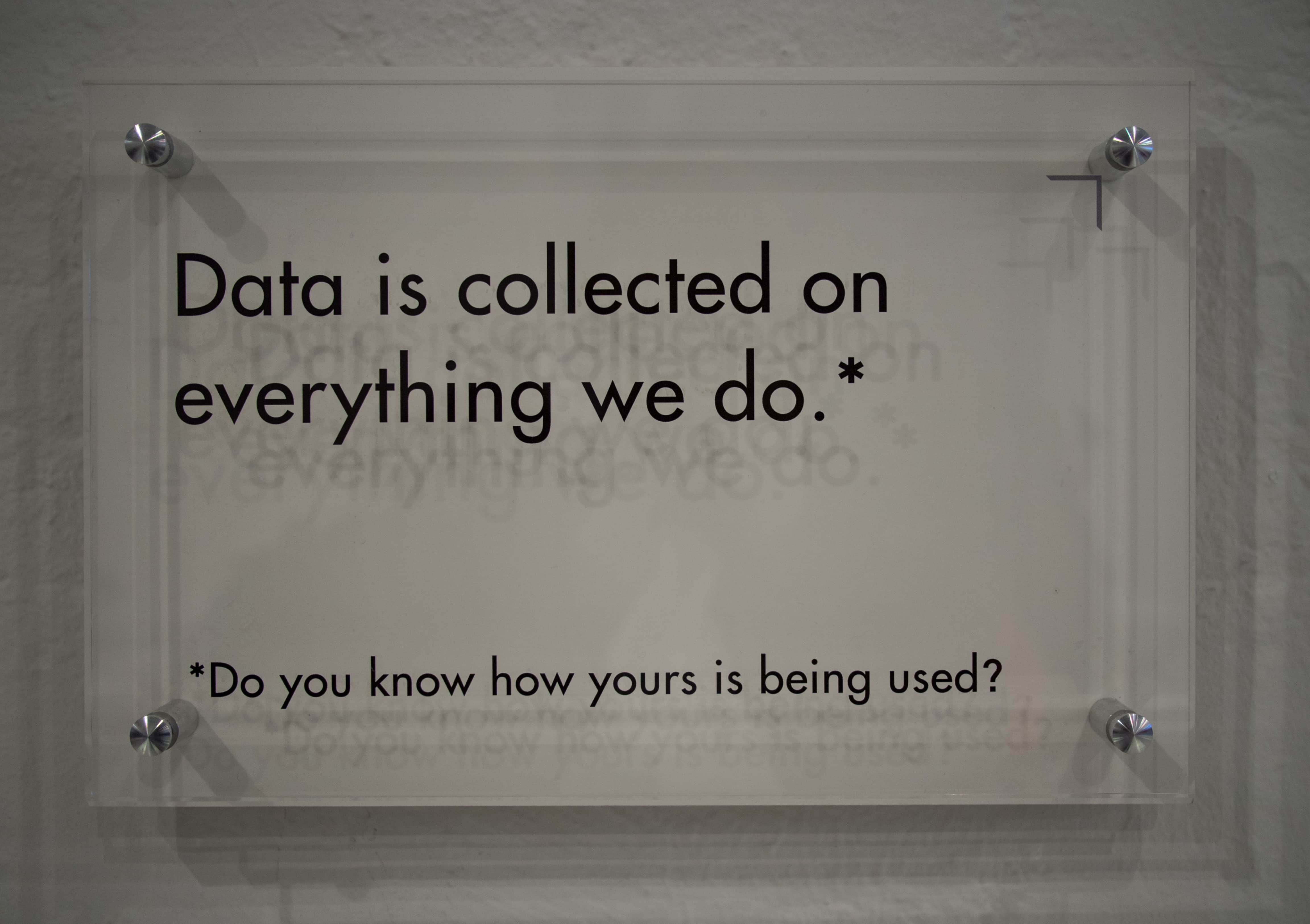Articles by Electronic Frontier Foundation (EFF)

EFF to court: The First Amendment protects criticism of patent trolls
EFF has submitted an amicus brief to the New Hampshire Supreme Court asking it to affirm a lower court ruling that found criticism of a patent owner was not defamatory.

Between You, Me, and Google: Problems With Gmail’s “Confidential Mode”
“At worst, Confidential Mode will push users further into Google’s own walled garden while giving them what we believe are misleading assurances of privacy and security.”

Undermining Mobile Phone Users’ Privacy Won’t Make Us Safer
The Kelsey Smith Act Would Force Cell Providers to Turn Private User Data Over to Law Enforcement

Homeland Security’s new database could chill speech, deter free association
The massive new database will include biometric and biographic records, alongside information about people’s private relationships. So why do we know so little about it?

Who has your back? How companies respond to government censorship
A handful of social media and app store platforms have emerged as leaders in transparency, publicly disclosing how often and why they comply with takedown requests.

The path to victory on net neutrality in the House of Representatives
After the historic vote in the Senate, it’s time to win in the House of Representatives. While many think the uphill battle there makes it a lost cause, EFF argues that together we can keep the Internet free and open.

Iran: Block on Telegram is a blow to freedom of expression
Serving an estimated 40 million Iranians, Telegram is crucial to accessing information in the country and must be unblocked.

Visuals: How real-life inequity is replicated online
Offline/Online is a series of visuals by Onlinecensorship.org that explores how marginalized communities –often faced with persecution and violence offline –also face censorship on social media.
